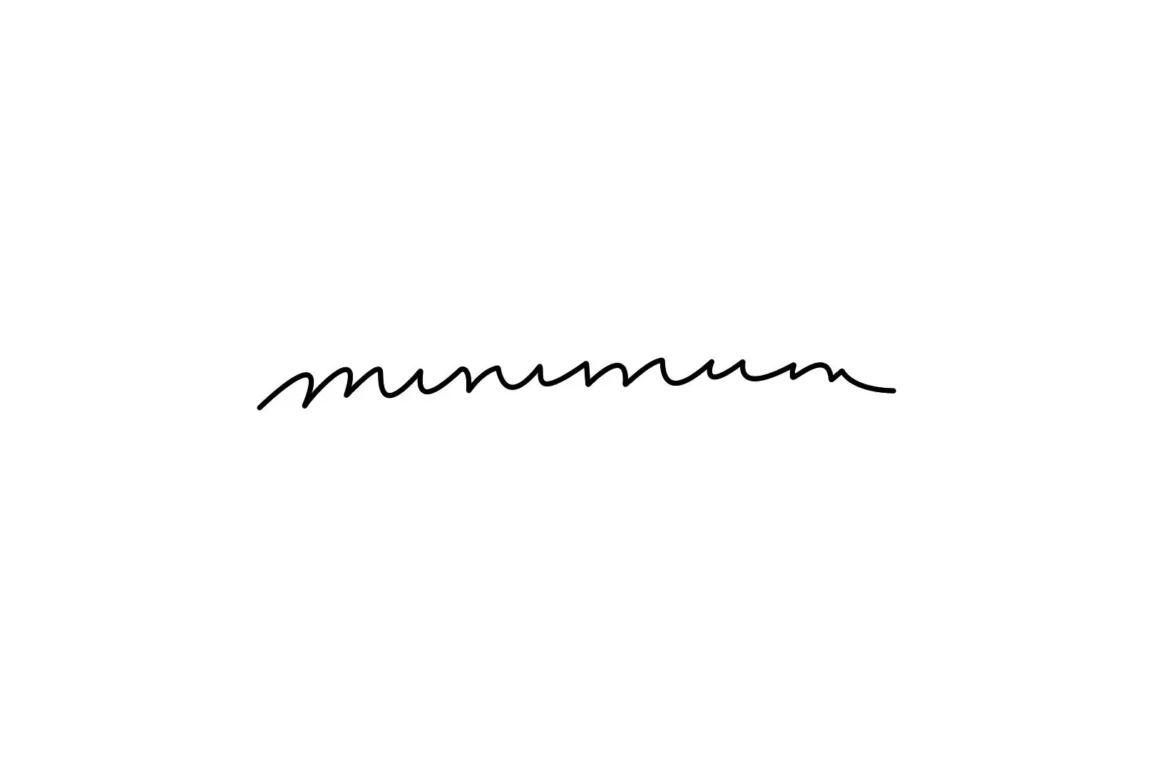Ever wondered how to capture the essence of a person’s story with just a pen and paper? Crafting an interview profile essay is like painting a portrait with words; it’s all about weaving silver threads of dialogue, observation, and introspection into an intricate tapestry. With every interview, you’re not merely gathering facts—you’re sifting through lives to uncover the richness beneath the surface.
How to write an interview profile essay?
Writing an interview profile essay involves several key steps to effectively present the subject and their insights. Here are detailed points to guide you through the process.
- A thesis statement is essential for every essay, including interview essays, as it outlines the main idea.
- Readability is crucial; ensure your essay is easy to follow and engaging for the reader.
- Begin by conducting thorough interviews with your subject to gather their thoughts on selected topics.
- Analyze the results of the interviews to identify key themes and insights that can be highlighted in your essay.
- Organize your paper logically, ensuring that it flows well from one point to the next.
- Include factual and descriptive elements to provide a comprehensive view of the interviewee.
- Focus on making the essay enjoyable to read while still being informative.
- Consider what makes the interview subject unique to capture their essence effectively.
- Utilize quotes from the interview to provide authenticity and support your analysis.
- Incorporate background information about the interviewee to give context to their perspectives.
- Reflect on your own insights and interpretations of the interviewee’s thoughts to add depth to your essay.
- Conclude by summarizing the key points discussed in the interview and their significance.
- Revise and edit your essay for clarity, coherence, and overall quality before final submission.
- Ensure that the essay presents a general impression of the interview subject while exploring their thoughts thoroughly.
- Engage the reader by using descriptive language that paints a vivid picture of the interviewee.
- Be mindful of the structure of your essay, typically including an introduction, body, and conclusion.
- Use transitions effectively to guide the reader through different sections of your essay.
How to write an interview profile essay about yourself
Writing an interview profile essay about yourself requires a structured approach that highlights your professional experiences and skills relevant to the job you’re applying for. Here are some key points to consider.
- Describe how your experiences, skills, and achievements fit the needs of the company you’re applying to.
- Provide clear examples of your work experience and achievements, while being confident and enthusiastic about the role.
- Use the Present-Past-Future formula to structure your essay, ensuring relevance and brevity.
- When sharing your career story, focus on professional details rather than personal information.
- Highlight relevant skills and experiences that demonstrate why you are a good fit for the role.
- Consider your personality traits, strengths, and values, emphasizing positive traits that are relevant to the job.
- When describing yourself, use specific adjectives like Creative, Trustworthy, Resourceful, and Innovative.
- Include action words like Developed to effectively describe your accomplishments.
- Be prepared to answer common interview questions such as “How would your coworkers describe you?”
- The essay allows you to pitch yourself effectively, so take the opportunity seriously.
- Employers appreciate a strong start, so begin your essay with a compelling introduction.
- Sample answers can be helpful; consider reviewing examples of great interview introductions.
Profile essay example
Here are some key points and examples to help you understand how to write a profile essay effectively.
- The elements of a profile essay include an introduction paragraph, body paragraphs, and a conclusion paragraph.
- A strong hook sentence is essential; for example, “My best friend has always stood up for me from the very first day.”
- Provide background information that highlights what makes the subject special and unique, including biographical details.
- Develop a clear thesis statement; for instance, “My best friend is someone I can count on even if the whole world is against me.”
- Profile essays can focus on a person, place, event, or activity, allowing for a variety of topics.
- It’s important to learn about the structure, purpose, and tips for writing a profile essay.
- Utilize examples of profile essays to understand different styles and approaches.
- Research methods can enhance the depth of your essay, providing context and supporting details.
- Consider tone and organization when crafting your profile essay to ensure clarity and engagement.
- Incorporate personal experiences and anecdotes to make your essay more relatable and vivid.
- Explore qualitative examples, such as a profile essay on Wilma Rudolf, to see how to effectively present a subject.
- Free profile essay examples are available for reference, providing inspiration and guidance.
- Custom essays can also be ordered from top writers if you need additional help.
- Learning about the definition, goals, and format of a profile essay can aid in understanding its purpose.
- Choosing a specific subject and focus is crucial for writing a compelling profile essay.
- Engagement with the audience is key, so consider how to make your writing resonate with readers.
How to write an interview profile essay introduction
To write an effective introduction for an interview profile essay, it is essential to introduce the subject and set the stage for the discussion.
- Begin by providing a brief overview of the person or people you interviewed.
- Explain why you chose to interview them, highlighting their significance or unique qualities.
- Include a clear thesis statement that encapsulates the main point or focus of your essay.
- Ensure that your introduction captures the reader’s interest and sets the tone for the rest of the essay.
- Consider including a hook or an intriguing fact about the interviewee to engage the audience.
- Make sure to establish the context of the interview, including any relevant background information.
- Clarify the purpose of the essay and what readers can expect to learn about the interviewee.
- Utilize a narrative style to create a vivid picture of the interview subject right from the start.
- Incorporate quotes or anecdotes from the interviewee to add depth to the introduction.
- Keep the introduction concise while ensuring it provides enough information for the reader to understand the essay’s direction.
- Focus on readability to ensure the introduction flows smoothly and is easy to follow.
- Refine your writing style to match the tone of the interview and the overall essay.
- Be mindful of your audience and tailor the introduction to their interests and expectations.
- Use clear and engaging language to draw in the reader and encourage them to continue reading.
- Consider the emotional aspect of the interview and how it can be reflected in the introduction.
- Establish a connection between the interviewee and the audience early on to enhance relatability.
- Plan your introduction carefully to align with the overall structure of your profile essay.
- Review examples of successful profile essay introductions for inspiration and guidance.
- Remember that the introduction is your first impression; make it impactful and memorable.
Interview profile essay example
Here are some key insights and steps to create an effective interview profile essay.
- Writing in the first person is mandatory when interviewing a person, allowing for a personal touch in the profile essay.
- Start with a brief description of your subject before the interview begins to set the context.
- Choose a remarkable subject that stands out and is interesting to write about.
- Develop a loose outline based on the subject to structure your essay effectively.
- Create a list of specific interview questions to guide the conversation and gather relevant information.
- Conduct the interview in a distraction-free zone to ensure clear communication and focus.
- Immediately jot down observations after the interview to capture important details and insights.
- Revise your draft by incorporating significant details and factual incidents that may have been overlooked initially.
- Read the essay aloud to check for flow and coherence, ensuring clarity in your writing.
- Ensure that your subject of interest is easily reachable for interviews and follow-up questions.
- Analyze the background of your subject to highlight what makes their life unique and compelling.
- Utilize simple language and vivid adjectives to convey your central point effectively.
- Each body paragraph should be concise, ideally not exceeding 150 words, to maintain reader engagement.
- Study a few profile essays to understand different styles and structures that can inspire your writing.
- Interview essays allow you to use people as your sources, differentiating them from traditional essays that rely on books.
- Gathering information through interviews helps in developing data collection skills and organizing thoughts cohesively.
- Consider reviewing sample interview questions to enhance the quality of your interactions during the interview.
- Explore examples of job interview essays if you are applying for a job to understand how to articulate your experiences.
Profile essay interview questions
Here are some insightful questions to consider when conducting an interview for a profile essay. These questions will help you gather detailed information about the subject’s background, influences, and experiences.
- Tell me about where you grew up and what your family life was like.
- How did your parents influence you?
- Where did you go to school?
- Describe a typical day in your life.
- Who have been your strongest influences in life?
- How did you come up with the idea for your startup?
- What led you to your career path?
- What do you like about working at this company?
- Can you describe your role?
- How would you describe your career path?
- What is a typical day like at this company?
- Can you share an anecdote showing you “in action”?
- What are your biggest obstacles in life and how did you overcome them?
- What are your biggest epiphanies that shaped your life?
- How do you balance your personal and professional life?
- What are your goals for the future?
- How have your experiences shaped your views on success?
- What advice would you give to someone starting in your field?
- What are some challenges you faced in your career?
- How do you define success?


